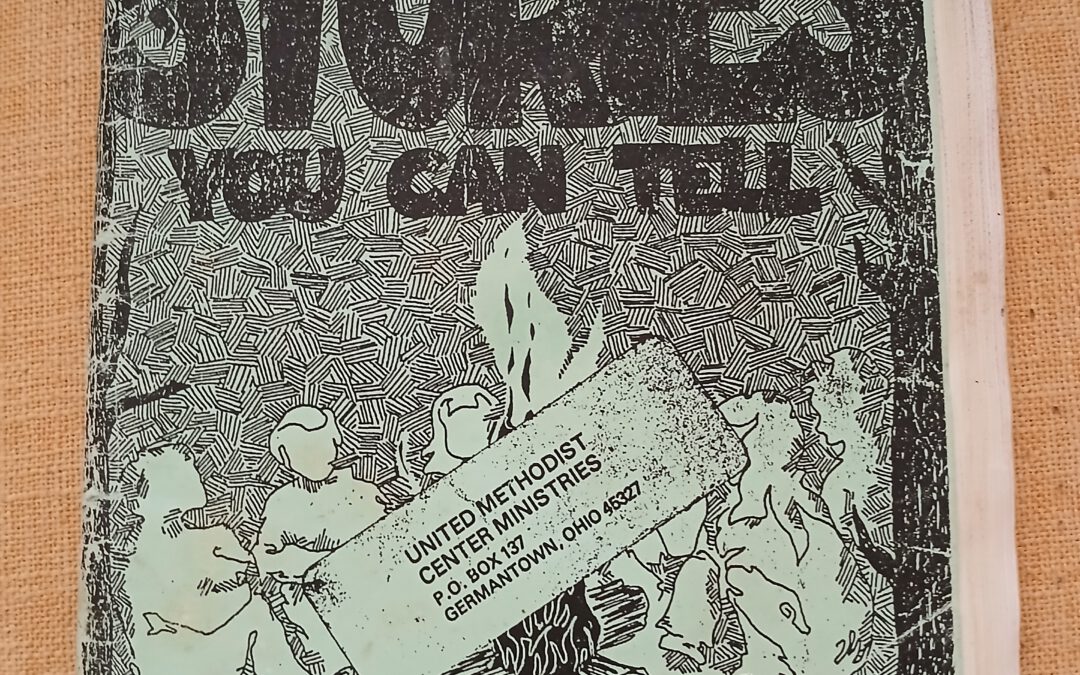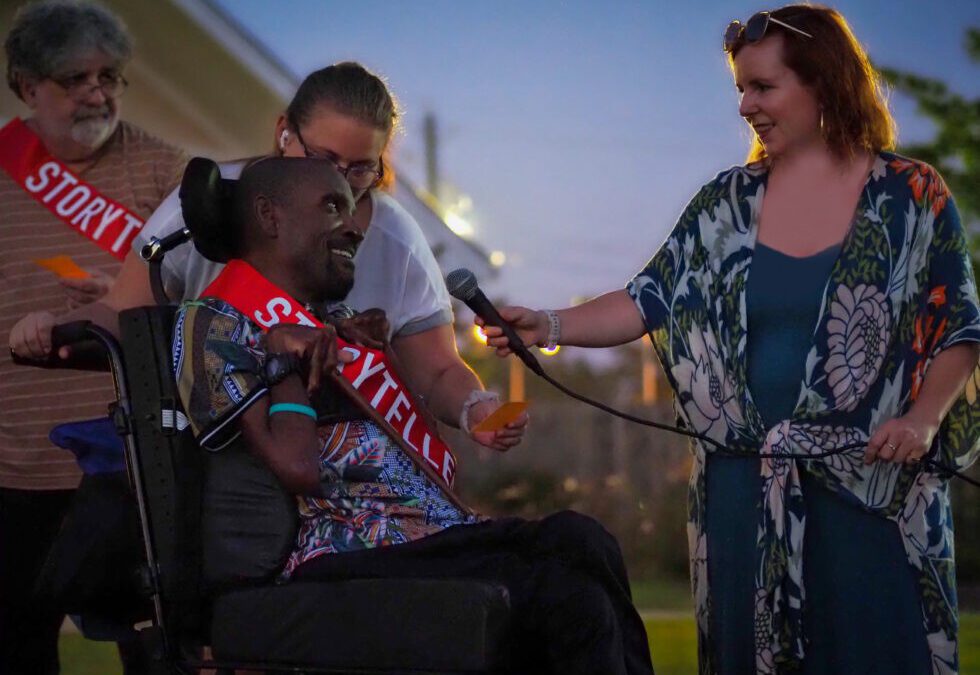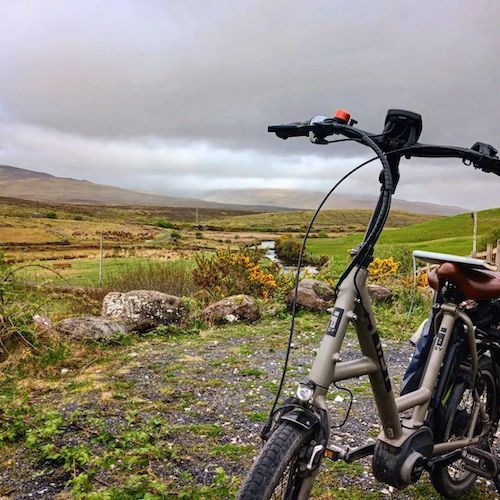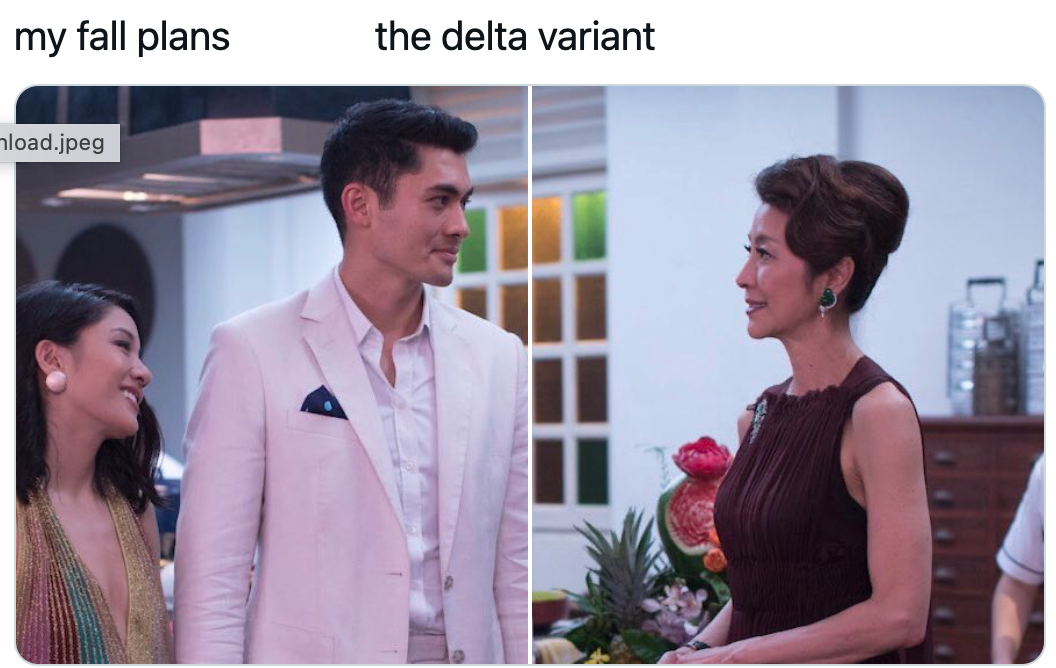
Our Most Renewable Resource
there are a lot of stories of scarcity going around right now. When I hear the word, scarcity, it always makes me think of its sister word, scary.

there are a lot of stories of scarcity going around right now. When I hear the word, scarcity, it always makes me think of its sister word, scary.

A few years ago, I started letting go of many films in my ritual because, as someone pointed out to me, I ostensibly wanted to bring change into my life and perhaps doing the same thing over and over again was not serving that purpose. And, hello, watching He’s Just Not That Into You on Valentine’s Day was perhaps not the most efficacious way to find my semi-permanent dance partner.

Some people will talk about community advocacy work as “empowering,” or even that they are “giving voice to the voiceless.” I like to think that every person I work with–every kind of person I work with–has their own power, their own voice.


People travel all the time. Maybe less so these days, but it’s just something that happens a lot, for personal and professional reasons. Can’t tell you how many times I see on dating profiles that a potential partner will judge you as unqualified if you don’t have enough passport stamps.

In my curriculum where I teach people how to cultivate and tell their own stories, an approach I affectionately call, ‘The Story Sandwich,’ I always refer to the importance of finding the change in our storytelling. I call it the meat (or spicy tofu) of the sandwich. In workshops, I break out these two figures side-by-side and talk about that moment in English class when they would talk us about the “beginning-middle-end” of a story (blah-blah-blah), and especially “exposition-climax-denoument” (again: blah-blah-blah).